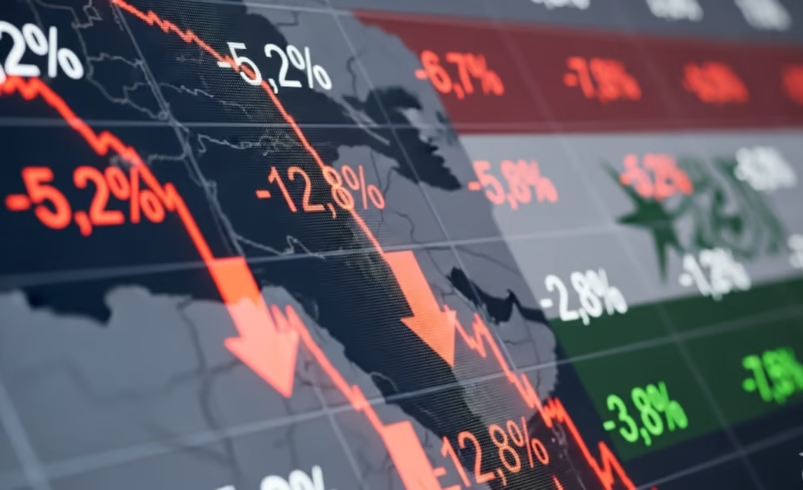Gulf Stocks Slide as Middle East Tensions Escalate
- September 10, 2025
- 0

Gulf stock markets experienced a downturn on Wednesday, driven by escalating geopolitical tensions in the Middle East. The situation intensified following Israeli airstrikes targeting Hamas leaders in Qatar, which significantly impacted investor sentiment across the region. Notably, major indices in Saudi Arabia and the United Arab Emirates (UAE) saw the most substantial declines, reflecting heightened market anxiety.
The Saudi and UAE stock markets bore the brunt of the selloff, with investors reacting to the increased geopolitical instability. The decline in these markets underscores their sensitivity to regional conflicts, given their significant economic and political roles in the Middle East. As key players in the Gulf Cooperation Council (GCC), fluctuations in these markets often signal broader regional economic trends.
Amidst the market downturn, oil prices experienced a slight uptick. This rise can be attributed to concerns over potential disruptions in oil supply due to the ongoing tensions. The Middle East is a critical hub for global oil production, and any instability can lead to fluctuations in oil prices, affecting global energy markets.
In contrast to its regional counterparts, Oman emerged as the sole market posting gains during this period. This anomaly highlights Oman’s unique economic position and possibly its lower exposure to direct geopolitical threats compared to other Gulf nations. Oman’s resilience may also reflect investor confidence in its domestic policies or specific market sectors that are less affected by external conflicts.
The current geopolitical climate has undoubtedly shaken investor confidence across the Gulf. The ongoing tensions could lead to prolonged market volatility if not resolved swiftly. Investors are likely to remain cautious, closely monitoring developments in the region. The situation underscores the interconnectedness of geopolitical events and financial markets, where political decisions can have far-reaching economic consequences.
The unfolding events serve as a reminder of the fragile balance within Middle Eastern geopolitics and its impact on global financial stability. As stakeholders watch closely, any resolution or escalation could significantly influence market dynamics in the coming days.